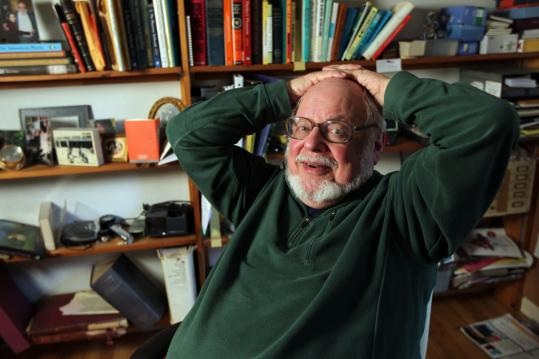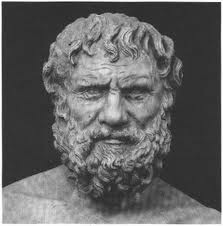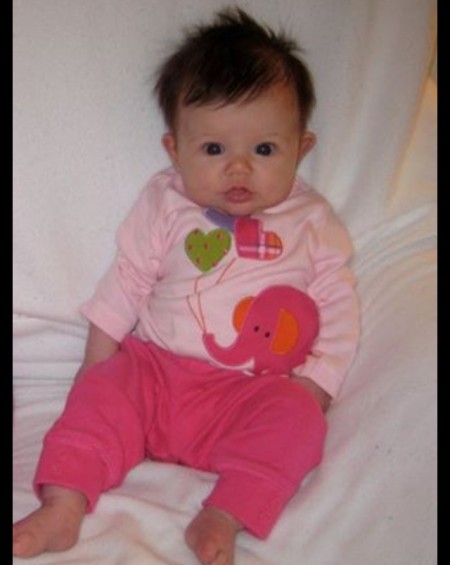This morning, around 5:30, my wife gave birth to a beautiful, healthy baby boy. This baby ended up coming 15 days after his original due date and was born at home, my wife’s first VBAC. Mother and child are both in absolutely wonderful, if exhausted, shape.
The 14 hours or so of labor were utterly depleting, surreal, and some of the most emotionally moving experiences I’ve partaken in. There are a few human experiences which draw out our character and beliefs through situational responses and participating in the birth of a child is one of the most moving and least discussed of these experiences.
I think we often shrug away from this sort of experience because of the amount of hope investment and lack of control available through such a trying time. People can argue statistics day and night about the safety and ethics of homebirth v. hospital birth or vaginal v. C-section, but in the end I think our prefered stance really comes out of our capability to accept life-threatening and potentially tragic situations without attempting to control them. No one wants to stand by and watch tragedy befall their loved ones, but it is a constant and real possibilty. While we understand a lot about the human body and how to “successfully” modify its efforts at the birthing process, the truth is that it knows what it’s up to and often our attempts to improve upon its effects can just as easily thwart an ideal outcome.
So why do we insist upon an ever more informed and proactive approach? I would agrue that it is generally out of a fear of experiencing the emotional gravity of a situation out of our own control. We would rather trust a professional and work to create the outcome than trust fate or nature, though the professional always knows less than what the natural body is capable of.
_________
As we slowly labored through the evening and the night, we experienced all available emotions. My wife was eager then scared, prayerful and penitent, cursing her existence and submissive to God’s will. She prayed for strength at time and at other times she prayed to die. She accused us of lying to her and of not trying to help her. She was a wreck and then she was utterly calm. She kept believing that she was incapable of birthing and it would never happen. Overall and through this, she was like a warrior whose battle was within her own mind and body.
I was there to help her as best I could through every contraction. Even though I didn’t experience any on the birthing pain, I got a front row seat to see the physical aspects of the pain. I shared in all her emotional fears and more. The sheer exhaustion of physically fighting a body as it tries to work a baby out creates insanity. Mostly I assumed that all the midwives thought I was a terrible husband. At times I thought of telling my wife to suck it up. I wanted to run away because I knew I wasn’t good enough. I sat in awe of her resolve. I decided that she should have tried to deal with the pain more efficiently. I knew at some point that my muscles would literally give out. Overall, we both went back and forth between having hope and losing faith. We had times of trusting each other, the birthing process in her body, the midwives, and God. We also separately experienced times of condemning one another, the entire experience, the people we had chosen to rely on, and the will of God.
Human beings need these definitive experiences. We need to run marathons that we have invested our very lives in, completely draining and testing our commitments and our trust. We tend toward shallowness and half-hearted relations. We don’t want to experience hardships that test our true merits and expose out faults. Hardships might provide solid feedback and consequences.
Pushing ourselves to emotional, physical, and spiritual brinks provides us with increased strength and knowledge of the reality of our current beliefs and what we are fit to accomplish. My wife did more than either of us originally wanted her to or expected her capable of, and she showed herself to be a hero of mine. Our son’s life is the memorial of his mother’s strength.
_________
I’ll leave you with this transcript of a comment from comedian Louis C.K. on the value of experiencing emotions to their fullness instead of living in distraction.
“You need to build an ability to just be yourself and not be doing something. That’s what the phones are taking away, is the ability to just sit there. That’s being a person. Because underneath everything in your life there is that thing, that empty—forever empty. That knowledge that it’s all for nothing and that you’re alone. It’s down there.
And sometimes when things clear away, you’re not watching anything, you’re in your car, and you start going, ‘oh no, here it comes. That I’m alone.’ It’s starts to visit on you. Just this sadness. Life is tremendously sad, just by being in it…
That’s why we text and drive. I look around, pretty much 100 percent of the people driving are texting. And they’re killing, everybody’s murdering each other with their cars. But people are willing to risk taking a life and ruining their own because they don’t want to be alone for a second because it’s so hard. . .
(After hearing a song that brought back sad memories.)
And I go, ‘oh, I’m getting sad, gotta get the phone and write “hi” to like 50 people’…then I said, ‘you know what, don’t. Just be sad. Just let the sadness, stand in the way of it, and let it hit you like a truck.’
And I let it come, and I just started to feel ‘oh my God,’and I pulled over and I just cried like a bitch. I cried so much. And it was beautiful. Sadness is poetic. You’re lucky to live sad moments.
And then I had happy feelings. Because when you let yourself feel sad, your body has antibodies, it has happiness that comes rushing in to meet the sadness. So I was grateful to feel sad, and then I met it with true, profound happiness. It was such a trip.
The thing is, because we don’t want that first bit of sad, we push it away with a little phone or a jack-off or the food. You never feel completely sad or completely happy, you just feel kinda satisfied with your product, and then you die.”
_________
Related reading
How To Get Rid Of Faith
Our Decisions Make Lives
What Daughters Should Expect From Their Fathers









